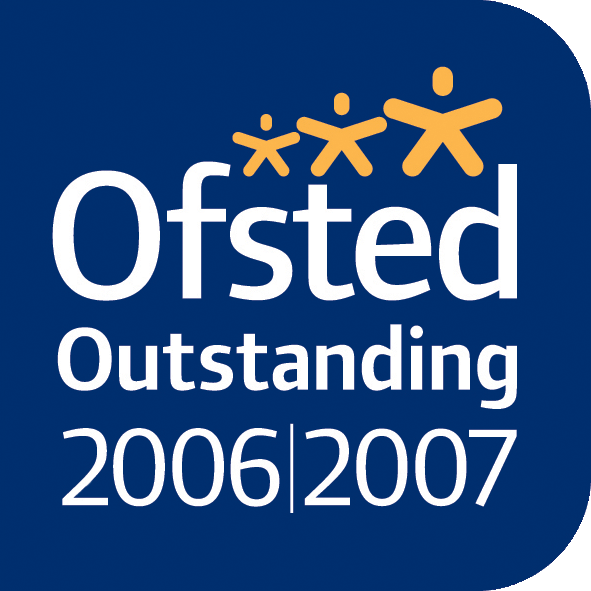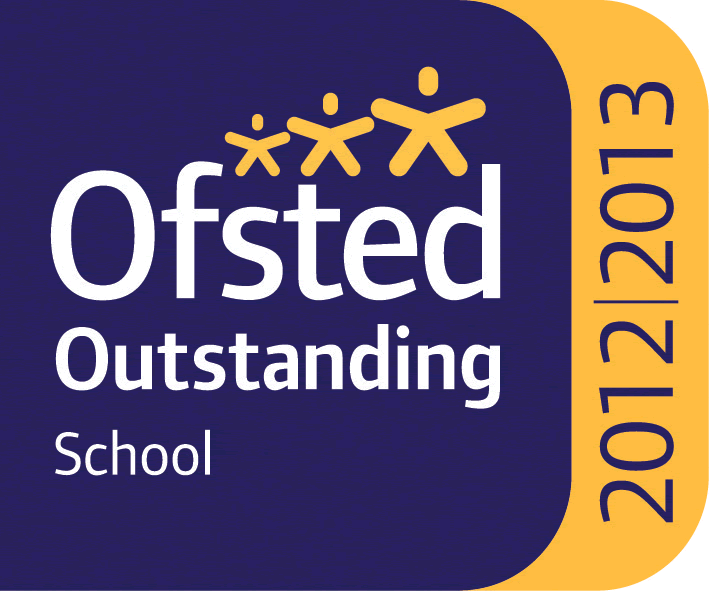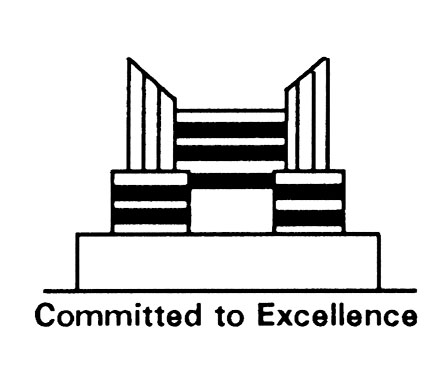Examination Details: Eduqas GCSE Music C6600QS 601/8131/X Assessment Details
• Performance (30%)
• Composition (30%)
• Examination (40%) 1 tier of entry for all pupils Course Information Performance (30%) What's assessed
• Ensemble performance for a minimum of 1 minute
• A second performance, either solo or ensemble
• Total performance time of 4 minutes
• Performance can be any difficulty level. Grade 3 is ‘Standard’, Grade 4 or above is ‘More difficult’, Grade 2 or below is ‘Easier’ Composition (30%) What's assessed
• 1 composition in a specific style from a choice of 4 briefs from the exam board
• 1 composing in a style chosen by the student
• Focusing on using music technology to compose in the chosen style, developing your ideas and using the elements of music effectively Written Examination (40%) What's assessed
• Written exam lasting approximately 75 minutes.
• Answering questions on 8 extracts of music. 2 set works and 6 unheard pieces.
• Using the elements of music to analyse what you hear. Steps to Success in GCSE Music
1. Arrange to have individual instrumental tuition. You can get half price lessons in school.
2. Think about your performance pieces well in advance. This should be a piece which you enjoy playing and is well within your capabilities, although level of difficulty should be taken into account.
3. Organise as many opportunities as possible to perform in public. This will help build your confidence and give you experience of performing in front of an audience. Join as many extra-curricular groups as you can.
4. Get into the good habit of practising every day. Undertaking regular practice is by far the most effective method for improvement.
5. Learn all of the key vocabulary from each topic thoroughly; the more words you know, the better!
6. Listen to a wide variety of music e.g. Radio 3, Classic FM, Jazz FM etc. If you make the effort to listen to as many forms of music as you can, it will make the course more enjoyable.
7. Go to concerts (the Hounslow Music Service provides free tickets to music students for their concerts).
8. The Music Department has sequencing and score-writing software available on computers. Make as much use of this as you can to help you to produce good quality compositions.
9. Use lunchtimes and after school to get involved in music making inside school and to receive additional help for your compositions.
10. Make friends with as many performers in school as you can. You never know when you might need them!
11. Listen to the set works until you are familiar with them. Understand how the pieces are constructed using musical elements.
12. Construct diagrams, e.g. spider diagrams, to help you visualise each set work and its components.
Useful websites: http://www.good-ear.com/ Ear trainer http://www.musictheory.net/lessons Music theory, Intermediate/ advanced




